Musa al-Gharbi has a very interesting background. He grew up in a working class military family and initially attended community college before getting a bachelors at the University of Arizona and ultimately a Ph.D. in sociology from Columbia University. He was once in the process of becoming a Catholic priest before becoming an atheist and then converting to Islam. He previously worked for Heterodox Academy and is now an assistant professor in the School of Communication and Journalism at Stony Brook University.
I heard him give a talk at a Columbia seminar and knew I had to buy his book and get him on the podcast. His book is called We Have Never Been Woke: The Cultural Contradictions of a New Elite from Princeton University Press. And in it he makes it rain red pills.
He traces wokeness as an example of the recurring periods of “awakening” that occur in the presence of the overproduction of “symbolic capital” elites. He explains why elite whites claim to be marginalized, while showing little care for genuinely marginalized people around them like the service workers they rely on. He talks about the forgotten scandal of the time when China actively interfered in America’s elections on behalf of Bill Clinton in the 1990s.
I appreciate the fact that al-Gharbi’s work lends itself to a variety of interpretations ranging from liberal to conservative. I also really like how he summarizes a wide range of research in a way that makes his book useful as a reference. I will certainly be using it that way.
I will post excerpts after the video. Be sure not to miss them.
Excerpts:
Even the most sexist or bigoted rich white person in many other contexts wouldn’t be able to exploit women and minorities at the level the typical liberal professional in a city like Seattle, San Francisco, or Chicago does in their day-to-day lives. The infrastructure simply isn’t there. Instead, progressive bastions associated with the knowledge economy are the places with well-oiled machines for casually exploiting and discarding the vulnerable, desperate, and disadvantaged. And it’s largely Democratic-voting professionals who take advantage of them—even as they conspicuously lament inequality.
Indeed, at bottom it cannot even be said that the anti-woke are genuinely hostile to wokeness—they parasitically feed off moments of Awokening to build and enhance their personal brand. They are dependent on wokeness far more than most other symbolic capitalists.
Contemporary tensions around “grievance studies,” “words as violence,” “victimhood culture,” and affirmative action are likewise mostly reruns of debates from the late 1980s and early 1990s—themselves largely rehashes of debates from the late 1960s and early 1970s….In fact, many elements of the contemporary Awokening date back roughly a century. Looking at mentions of “antiracism” in Google Books, we can see four major spikes: one in the early 1930s, one in the late 1960s, one in the late 1980s, and one in the early 2010s.
It’s critical to note the gender dynamics at play in the proliferation of these roles. Again, Awokenings happen in the midst of elite overproduction. Since the tail end of the second Great Awokening, a majority of college students and graduates have been female. That is, the elites being overproduced are increasingly women. And the people occupying these new “diversity and inclusion”–oriented positions are overwhelmingly women. These positions are serving as new sinecures almost entirely for female aspirants—providing well-paying and relatively prestigious work for women who might otherwise be excluded from the symbolic professions.
Many certainly seem to have synthesized the CRC’s [Combahee River Collective] argument with Smith’s. Elites, especially those who identify with historically marginalized and disadvantaged groups, increasingly define the relentless pursuit of their own self-interest as a “radical” act. High-end consumption is redefined as an act of “self-care” or “self-affirmation”—as a feminist or antiracist “victory”—because they (elites who are women, nonwhite, LGBTQ, neurodivergent, or disabled) are “worth it” and “deserve it.”
As a function of their relatively high incomes and geographic concentrations, symbolic capitalists generally have more shopping options available to them than virtually anyone else in the United States. Nonetheless, relatively well-off urban residents are much more likely than anyone else in America to buy things online rather than in-store. However, they still want to get their hands on desired merchandise within a time period that rivals in-store shopping—the same day or, at most, a couple of days. And they want all of this without significantly increased expense—at least, without additional expense to themselves. Instead, the costs for fulfilling these preferences are typically transferred to others, whose exploitation plays a central role in providing elites with the immediate gratification they demand….Across the board, delivering food for third-party apps is grueling, high-pressure work. Deliverers are exposed daily to road hazards and the elements. Indeed, customers become especially likely to lean on these apps when it is dangerous or miserable to go out. This was true during the COVID-19 pandemic, when professionals chose to keep themselves safe by exposing “others” (largely poor people and minorities) to risk in order to procure things on their behalf.
To this day in the United States, just as in other historical and cultural contexts, women overwhelmingly prefer men who earn more than they do. This preference is even more pronounced among highly educated women. Indeed, when highly educated and professionally successful women earn more than their husbands, they often feel embarrassment and resentment toward their spouses and become significantly more likely to initiate divorce (in the contemporary United States, divorces are overwhelmingly initiated by women)…Consequently, insofar as they desire a partner who earns as much as or more than themselves, highly educated or professionally successful heterosexual women are forced to compete ever more intensely with one another for an ever-diminishing pool of acceptable guys.
Across many lines of research, the picture is clear: the types of women who take part in the symbolic professions seem to be engaged in much more aggressive aesthetic intrasex competition than comparably positioned men or less elite women….“Woke” ideologies play an interesting role in reinforcing these gender dynamics. For instance, women who self-identify as “feminists” (who, as we have previously explored, are especially likely to be highly educated, relatively affluent whites) exhibit much stronger preferences for premium beauty products as compared with nonfeminist women. The practical purpose and effect of these investments is to help elite women stand out relative to female rivals—both in professions where looks matter for symbolic capital and in dating and mating markets that heavily favor elite men. Yet these investments are often justified in the name of female empowerment.
Collectively, data like these suggest that many of the women newly identifying as bisexual still primarily desire to settle down with an opposite-sex partner—and the increased apparent openness to same-sex relationships is driven largely by a dearth of acceptable males. Put another way, the observed shifts in sexual orientation in the United States may have less to do with changing values, aspirations, and preferences, and more to do with upwardly mobile young women trying to cope with a highly competitive and increasingly bleak heterosexual dating and marriage market.
Moreover, as compared with men, women are much more likely to avoid direct confrontation with rivals or aggressors. Instead, they typically seek to enlist allies in order to collectively ostracize, defame, or humiliate opponents—or else try to rely on formal processes and procedures, and involve institutional intermediaries, in order to address perceived harms—especially in conflicts with those more powerful than themselves. Across cultural contexts, women tend to be more averse to risk, threats, and harm (against themselves or others) as compared with men. They also tend to be much more supportive of various forms of censorship, exclusion, surveillance, and related measures in order to proactively ward off the prospect of harm or preemptively neutralize potential threats.
In short, far from being independent thinkers who come to their positions on issues through a careful deliberation of “the facts,” who change their minds readily in accordance with “the facts,” and who make wise decisions by deferring to “the facts,” symbolic capitalists are instead more likely than most to be dogmatic ideologues or partisan conformists….Far from being more reasonable and pragmatic than other Americans, precisely because we are largely insulated from the actual consequences of political decision-making, symbolic capitalists often approach politics as either a sport or a holy war.
Buy We Have Never Been Woke: The Cultural Contradictions of a New Elite.


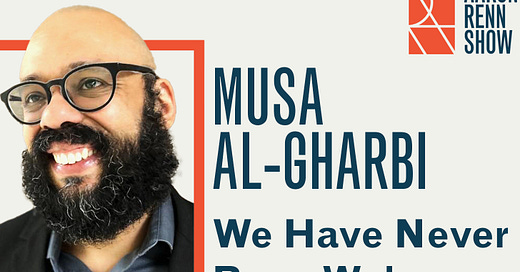


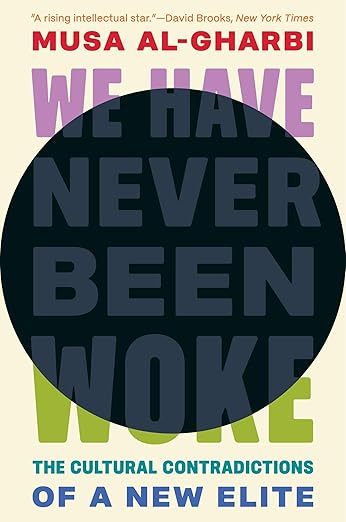


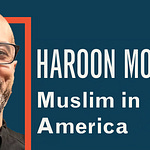

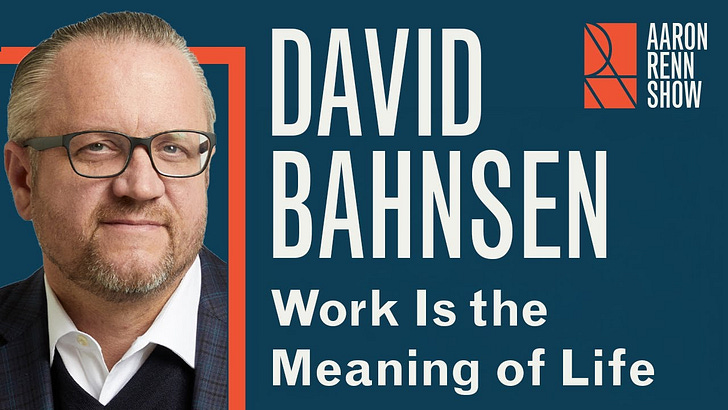
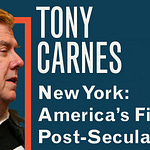

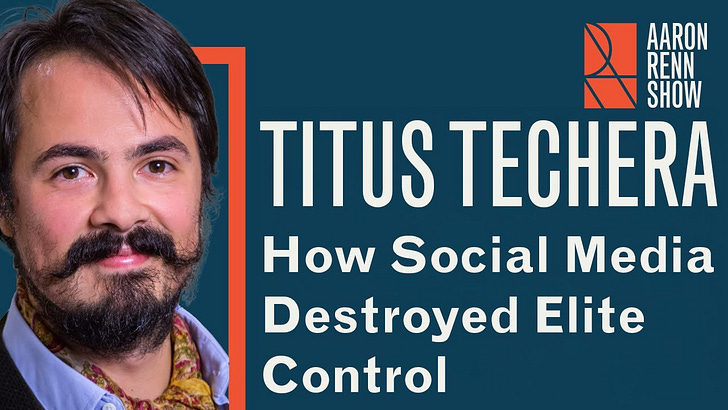
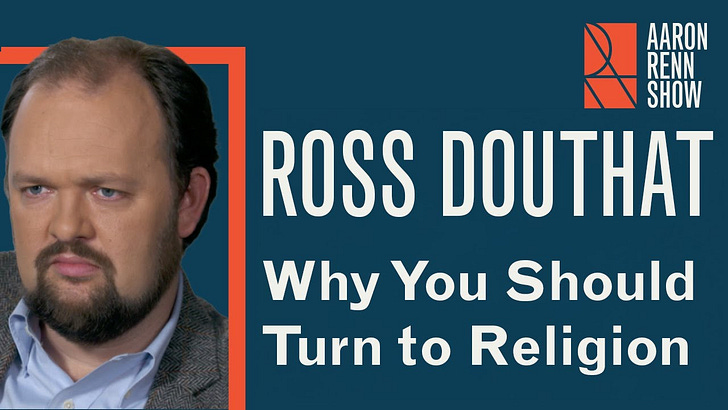
Share this post